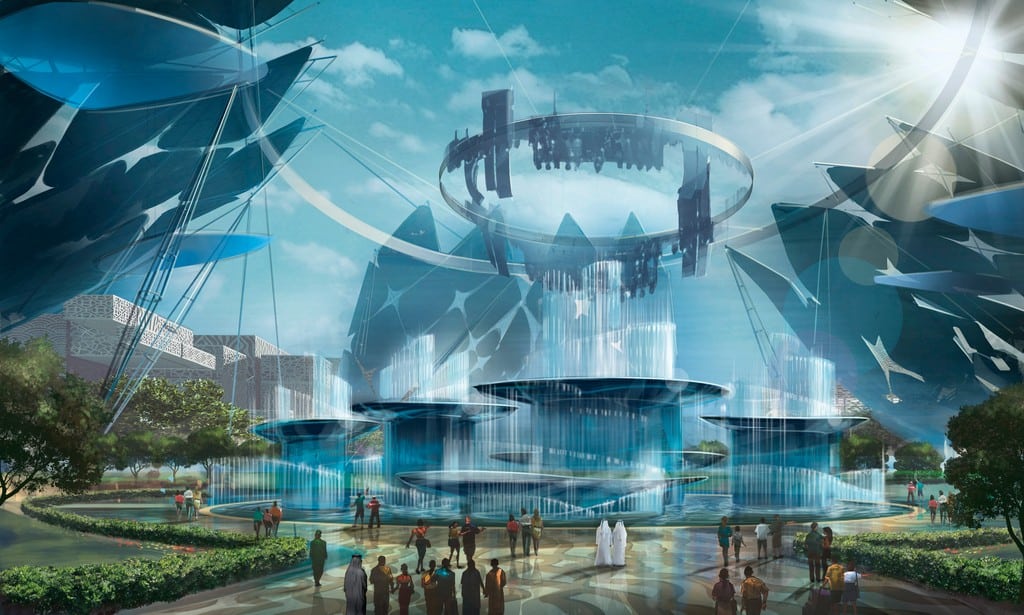5 Reasons Why Tourism Is Poised to Explode in Dubai and Abu Dhabi

Skift Take
While the United Arab Emirates diversifies its economy by leveraging its location as a global air axis, Dubai and Abu Dhabi are aggressively preparing for visitor numbers that will dwarf those of today.
During the Dubai Airshow in November last year, Abu Dhabi-based Etihad Airways placed orders for 86 Boeing 777/787s, while Dubai-based Emirates ordered $99 billion worth of equipment—including 150 Boeing 777s and 50 Airbus A380s—the largest single aircraft purchase in civil aviation history.
Then in April this year, Dubai International Airport passed London’s Heathrow as the world’s busiest gateway for international travelers.
And yet, Dubai and Abu Dhabi are just warming up in terms of tourism and hospitality development. The two cities in the United Arab Emirates, located 75 minutes apart by car, anchor a region “poised to take off” according to the new Amadeus study: Shaping the Future of Travel in the Gulf Cooperation Council (GCC).
Member nations of the GCC are: Bahrain, Kuwait, Oman, Qatar, Saudi Arabia and the UAE.
The paper examines tourism projections over the next 15 years throughout the entire region, but there's a disproportionately large focus on the UAE. Dubai and Abu Dhabi are leading the GCC's growth, not just in terms of infrastructure expansion and passenger traffic, but also more globally-attuned socio-political shifts in the public and private sectors.
"Faced with increasing complexity, companies are at the precipice of change,” says Aroop Zutshi, president/managing partner of market research firm Frost & Sullivan, who produced the report. “A region poised for social change combined with a need to grow globally is increasing pressures on companies based in the Middle East to innovate in new exciting ways.”
For some Western travelers, the UAE is saddled with a variety of stereotypes both real and imagined. We contacted Nicholas Clayton, COO of the government-owned Jumeirah Group, to learn how UAE hotels promote to the North American market.
“I can't think of anywhere else to go to learn in a more friendly and inviting way about this part of the world, and the people who live here, and the history and cultural heritage, than Dubai,” says Clayton. “Here, I have quality lift into the destination, I have quality logistics on the ground, I have quality hotels and all types of leisure activities, dining opportunities and special events. And meanwhile, I get to understand the Arab culture more. I appreciate that they are people of the world just like everybody else, and that some of the differences that we have between some of the cultures are not that big of differences at all.�
